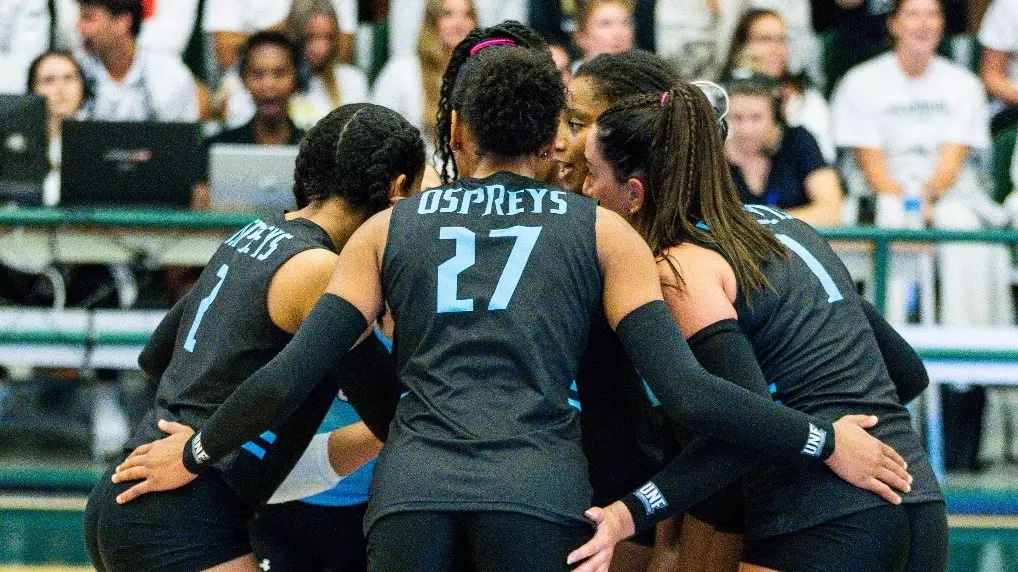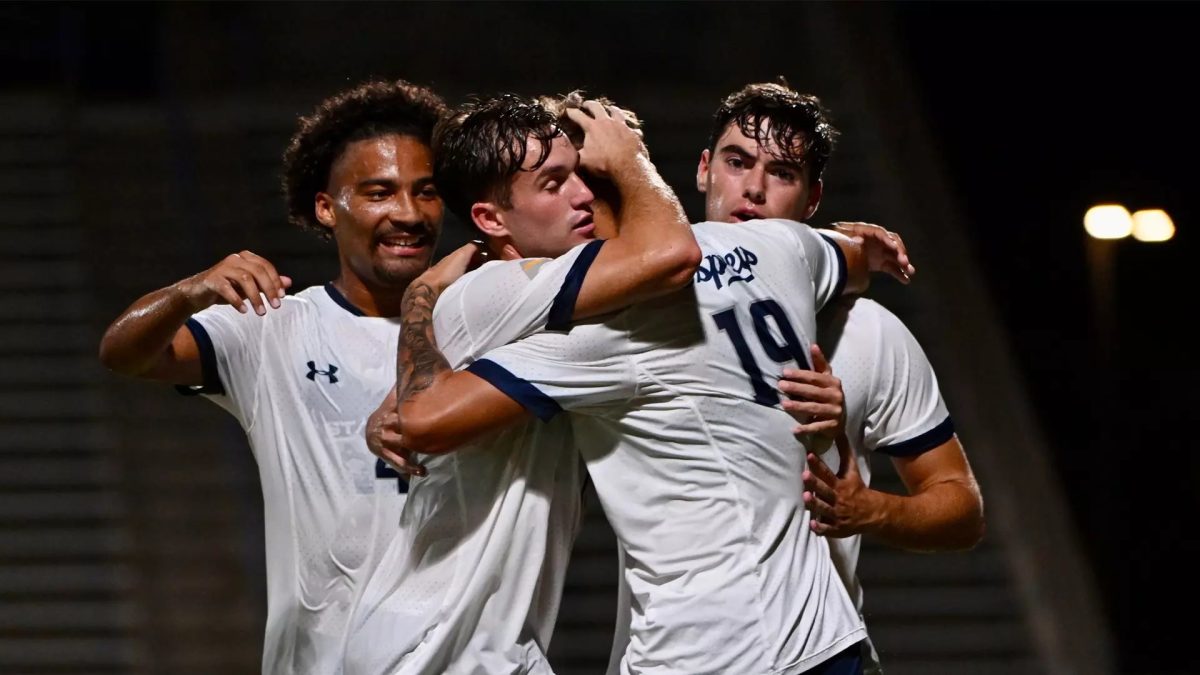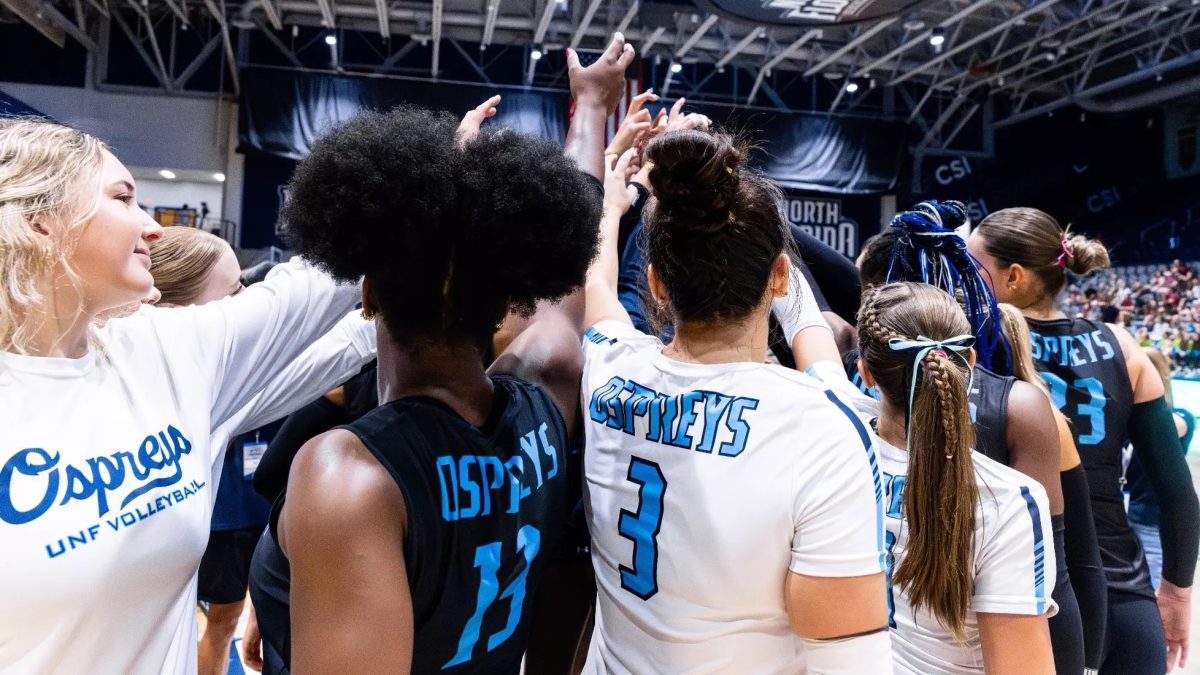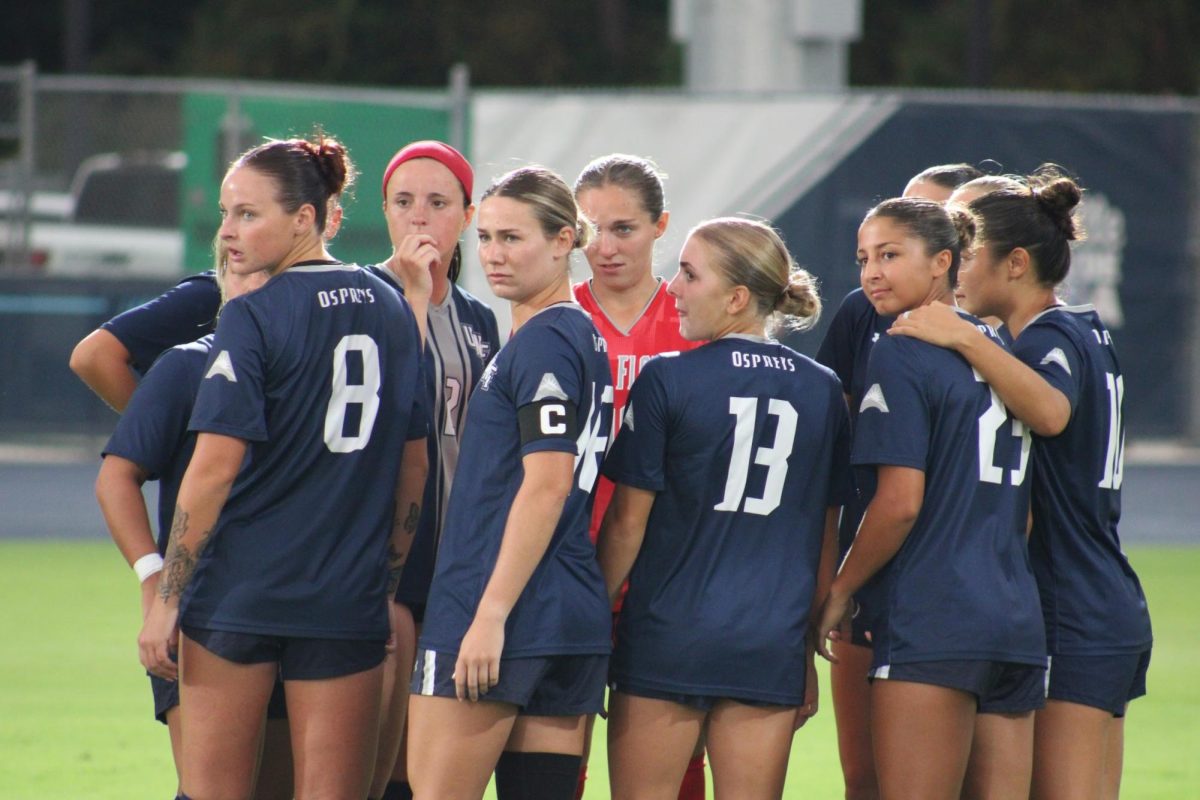Frustrated students who have branded UNF as U-Never-Finish might be justified in their bitterness, as the university’s graduation rates are falling behind other Florida schools.
In contrast to the University of Florida and Florida State University, where almost half of graduating students finish in four years, almost half of UNF students graduate in six years, according to the American Association of Universities.
Though these schools have a larger student population than UNF, the graduation rate is not a function of UNF’s size, said UNF’s chief academic officer Dr. Mark Workman.
“The intimacy of UNF’s size should result in a higher four-year graduation rate,” Workman said.
He attributes the school’s current four-year graduation rate to various interconnecting reasons including budget cuts and institutional culture, as well as “a less developed support infrastructure,” including advising and student affairs.
“The university is in the process of developing a kind of roadmap system to help students stay on course,” Workman said.
The Roadmap Iniative is intended to help plan out students’ educational career from the time they first enroll, enabling students to take only the classes they need.
The goal is to develop more of a support infrastructure that is conducive to graduating more students in four years, he said.
“The roadmaps are going to help students, especially those who struggle with a plan,” said Liz Wondell, academic adviser in the College of Arts and Sciences, which is home to nearly 60 percent of UNF’s credit hours.
Although the institutional culture at UNF might also contribute to its trailing graduation rate, there is evidence the school is looking into improving this aspect as well.
“We are developing a benchmark strategy,” said Workman, adding that this strategy involves comparing UNF to other schools that have a similar student makeup but have a higher four-year graduation rate.
This strategy takes shape in a comparative study of schools like James Madison University and the College of New Jersey.
Workman surmises the study will highlight what these, and other schools like them, are doing differently
than UNF.
As for how the school’s budget woes negatively contributed to the graduation rate, less revenue means less money for professors, which in turn means fewer classes that can be offered, Workman said.
But he did offer students hope, asserting the school plans to offer the same number of summer classes this year as it offered in 2008.
This is a relief to students like fifth-year senior psychology major Genevieve Hickey.
“I was worried that budget cuts were going to make them cut classes this summer, and I really need my summer classes,” Hickey said. “I’m graduating late because I couldn’t get into classes I needed, and it makes sense that other students would be having the same problem.”
As for the implemented changes the university is making to close the gap in the graduation rate, Hickey is glad they are doing something.
“I think it is great that they are not just turning a blind eye to it,” she said. “It means they’re listening.”
E-mail Meghan Steckloff at news@unfspinnaker.com.















